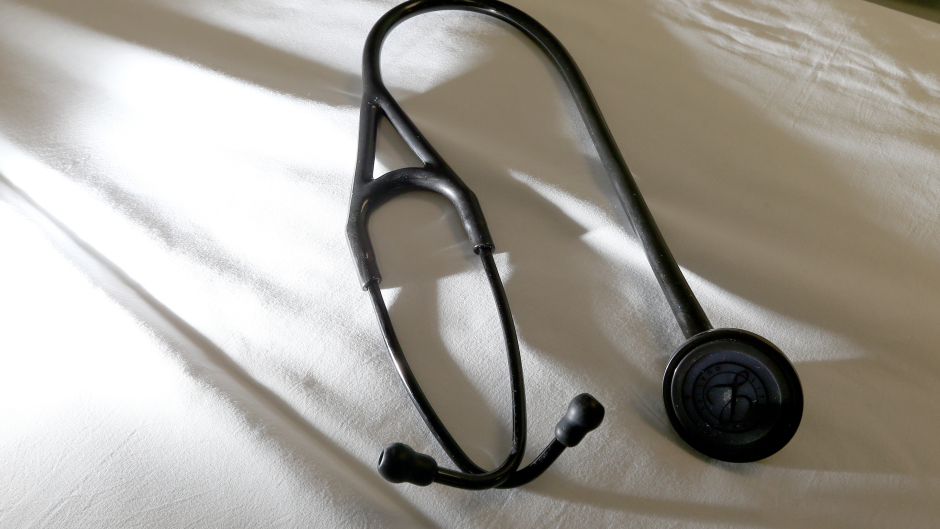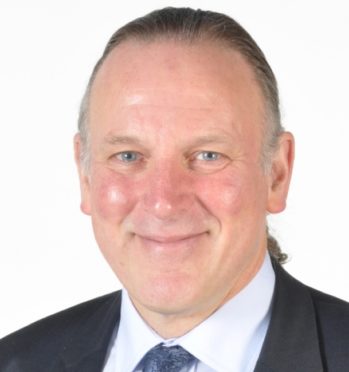Academics from Aberdeen University have helped unearth the dangerous impact of missing GP appointments.
No-shows cost Scottish surgeries tens of millions of pounds each year and also prevent others from securing face-to-face time with doctors and nurses.
But a new study has revealed that missing appointments can also lead to early death – and that those with long-term mental health conditions are at a particular risk.
Dr Ross McQueenie led the research at Glasgow University alongside colleagues from Aberdeen and Lancaster universities.
The largest study of its kind, it saw the team examine the appointment histories of over 500,000 Scottish patients, tracked for three years between 2013 and 2016.
The researchers found patients with a greater number of long-term health conditions tended to miss more GP appointments and were at a “substantially” greater risk of death within the following year.
And patients with long-term physical conditions who missed two or more appointments per year had a threefold increase in “all-cause mortality” compared with those who missed no appointments.
The research also found that patients with mental-health conditions who missed more than two appointments per year had an eight times greater risk of death during the follow-up period, compared with those who missed no appointments.
Dr McQueenie, of Glasgow University, said: “Patients diagnosed with long-term mental health problems, who did die during the follow-up period, died prematurely, often from non-natural external factors such as suicide.”
The group of researchers have suggested that GP practises, and other NHS services, now consider “how best to engage with patients” who have a habit of missing appointments.
They are also exploring how new interventions might improve attendance and plan to highlight the accessibility of mental health services available across the UK.
Professor Phil Wilson led the Aberdeen University team and spoke of the impact of the research.
He said: “These findings are crucially important for GPs wishing to identify patients at high risk of premature death.
“For people with physical conditions, missed appointments are a strong independent risk factor for dying in the near future.
“Among those without long-term physical conditions, the absolute risk is lower, but missing appointments is an even stronger risk marker for premature death from non-natural causes.”

‘Morbidity, mortality and missed appointments in healthcare: a national retrospective data linkage study’ is published in BMC Medicine.










